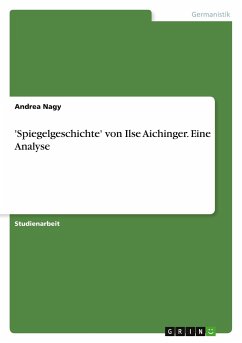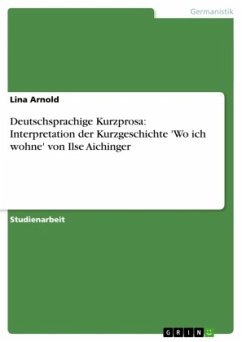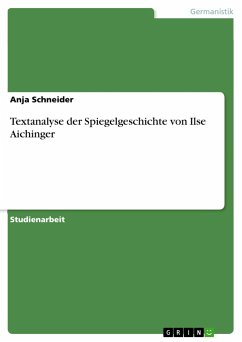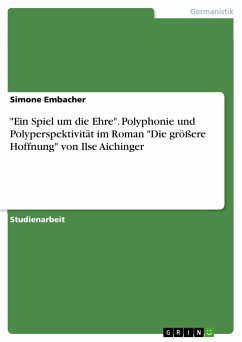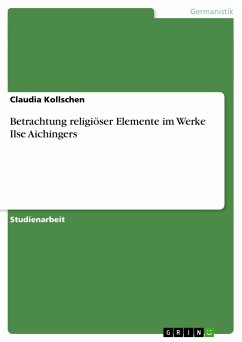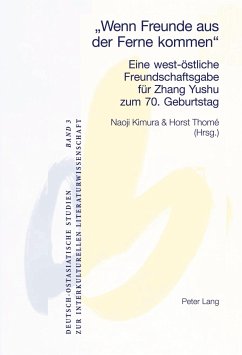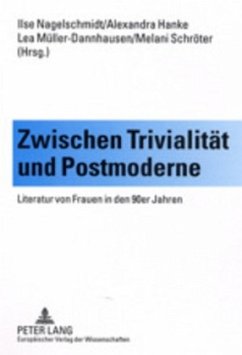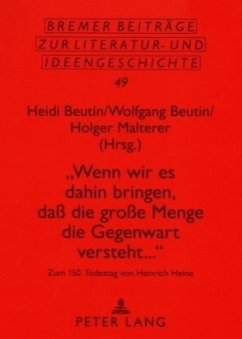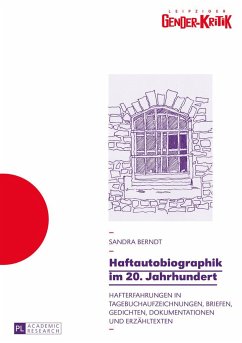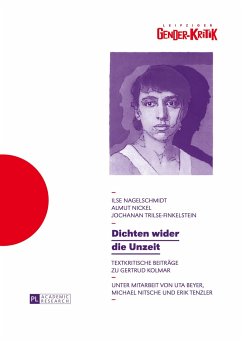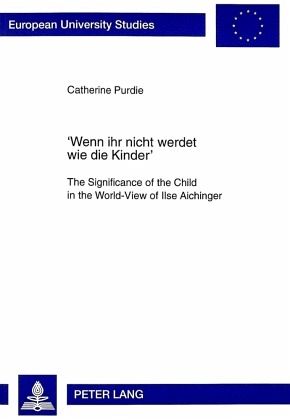
'Wenn ihr nicht werdet wie die Kinder'
The Significance of the Child in the World-View of Ilse Aichinger
Versandkostenfrei!
Versandfertig in 6-10 Tagen
56,35 €
inkl. MwSt.

PAYBACK Punkte
0 °P sammeln!
Children play a vital role in the work of Ilse Aichinger. Through an analysis of Die grössere Hoffnung and other texts, this monograph sets out to explore their significance within Aichinger's world-view, and the implications of this for her writing. The key to these questions lies in Aichinger's interpretation of Matthew 18:3: 'Except ye be converted, and become as little children, ye shall not enter into the kingdom of heaven.' For Aichinger, this is 'vielleicht das härteste Gebot der Bibel' (Kleist, Moos, Fasane), because she equates becoming 'as little children' with 'die Ergebung in das...
Children play a vital role in the work of Ilse Aichinger. Through an analysis of Die grössere Hoffnung and other texts, this monograph sets out to explore their significance within Aichinger's world-view, and the implications of this for her writing. The key to these questions lies in Aichinger's interpretation of Matthew 18:3: 'Except ye be converted, and become as little children, ye shall not enter into the kingdom of heaven.' For Aichinger, this is 'vielleicht das härteste Gebot der Bibel' (Kleist, Moos, Fasane), because she equates becoming 'as little children' with 'die Ergebung in das ø...!, woran wir nichts können' (Kleist, Moos, Fasane). The helpless child is a metaphor for humanity, and the 'Spiel' (game, play) of the child is a celebration of life in the face of death.



